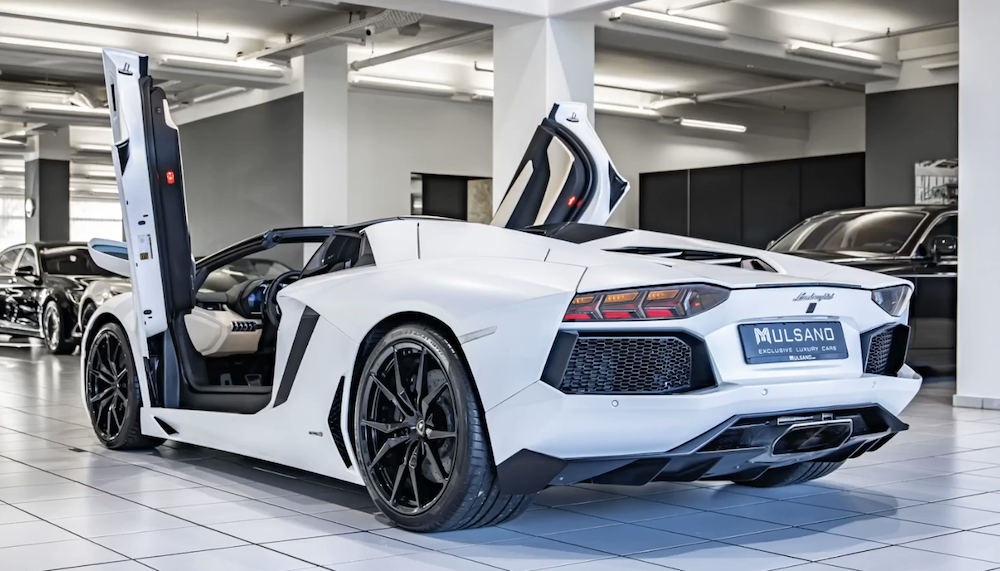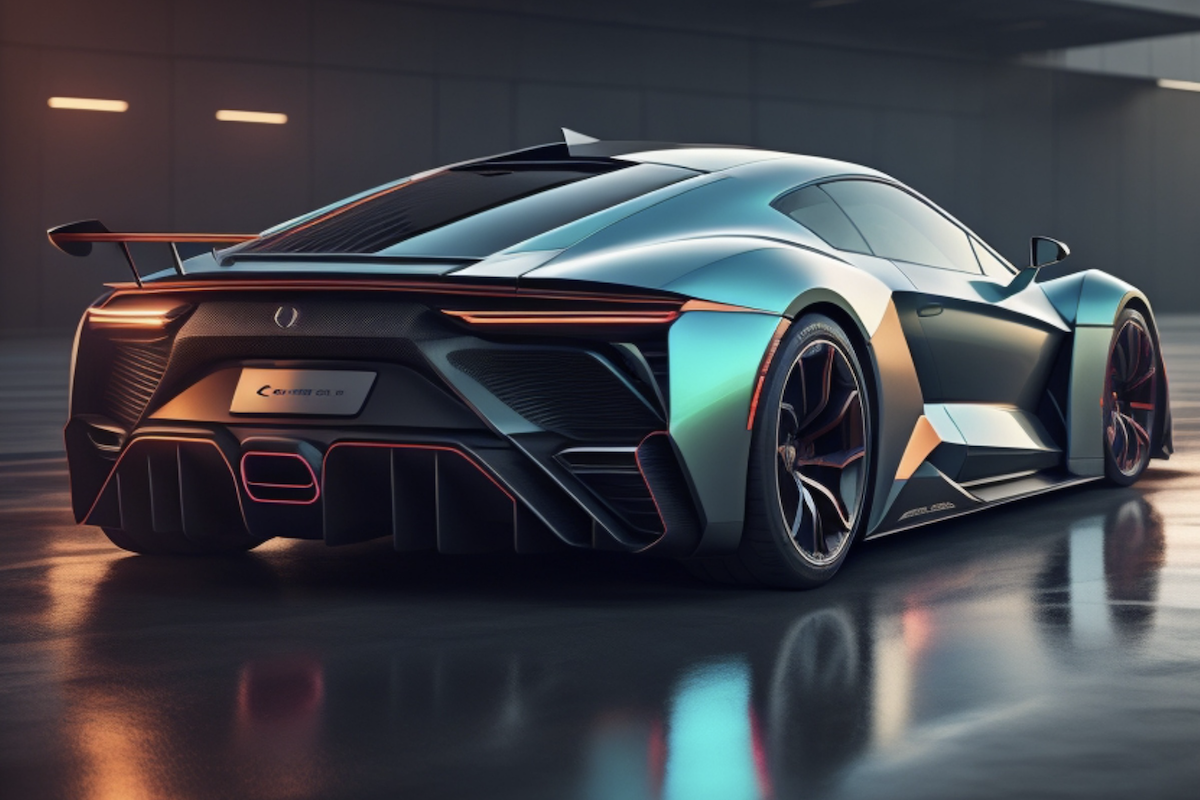Car Tokenization: From Showroom to Blockchain—A New Way to Invest
Car tokenization is redefining vehicle ownership. By turning cars into digital tokens on a blockchain, it is now possible to own a fraction of a car, and it’s a trend growing in the automotive and tech space. Curious how it works? Dive in to learn about a new way to invest in luxury and collectible cars.
What is Car Tokenization?
In simple terms, car tokenization means creating digital tokens that represent vehicle shares. These tokens are stored on a blockchain, a secure and transparent digital ledger. Each token represents a part of the car’s ownership, so multiple people can own a fraction of the car. This can apply to any type of car, from Ferrari and Lamborghini to vintage classics.
The beauty of car tokenization is that it lowers the financial barrier to owning high-end vehicles. Instead of needing the full amount to buy a luxury car, investors can buy a share of the car. It’s a new way of thinking about car ownership, combining traditional investment with the latest tech.
Why Tokenize Cars?
Tokenizing cars brings several benefits that are changing how we think about car ownership:
- Fractional Ownership: Instead of one person owning the whole car, multiple people can own a part of it. So more people can invest in high-value vehicles without the big upfront cost.
- Easier Trading: Digital tokens are easy to trade, so buying and selling shares in a car is a breeze. This adds liquidity to the market, which is often missing with traditional car investments.
- Shared Costs: Owning a car outright can be costly with maintenance, insurance and storage costs. With tokenization, these costs can be shared among the token holders, reducing the burden.
- New Investment Opportunities: Car tokenization creates a new asset class, so investors can put their money into tangible, real-world assets that can appreciate in value, like rare classic cars or limited edition luxury models.
How Does It Work?
The process of tokenizing a car starts with selecting a car to be tokenized. This can be a brand-new sports car, a classic collector’s item or even a high-performance electric car. Digital tokens are then created to represent shares of the car. These tokens are stored on a blockchain, so ownership is secure and transparent.
Ownership transfers and transactions are managed through smart contracts and automated programs that enforce the terms of the agreement. So, when someone buys or sells tokens, the transaction is recorded on the blockchain, reducing the risk of fraud or disputes. Investors can trade their tokens on digital marketplaces, so buying or selling is easy.
Real-World Example: Renegade and Mulsano
A recent example of car tokenization in action is the partnership between Renegade, a crypto-banking firm, and Mulsano, a German luxury car dealership. They are offering a range of high-end collector cars as tokenized assets, with these NFT shares available for purchase at $100 each.
Renegade handles the payment infrastructure so investors can use traditional currencies and cryptocurrencies. Mulsano provides rare and desirable cars, which are then split into digital tokens. The cars stay on display in Mulsano’s showroom, and when one is sold at a profit, the token holders get their share of the earnings.

The Challenges of Car Tokenization
Despite the potential, car tokenization is not without its challenges. One of the biggest is regulatory uncertainty. Digital assets and blockchain are still evolving, and many countries have not established clear regulations for tokenized ownership. This can be a problem for companies and investors.
Another challenge is education and awareness. Car tokenization is new to many, and there’s a learning curve when it comes to understanding how it works and what the risks are. Blockchain can be complex, and not everyone is familiar with digital tokens.
Looking Ahead: The Future of Car Ownership
Tokenizing cars could have a big impact on the future of car ownership and investment. As blockchain becomes more mainstream and the regulatory landscape clears, we’ll see more companies start to explore tokenization as a way to offer fractional ownership of cars. This could mean new investment opportunities in cars, from high-end luxury cars to electric and sustainable models.
Car tokenization may not replace traditional ownership, but it offers an alternative that will appeal to a new generation of investors. By allowing you to own a share of a rare or valuable car, tokenization provides a flexible and innovative way to participate in the automotive market. It’s just getting started but it could change the way we think about car ownership and investment.
Editor’s note: Written with the assistance of AI – Edited and fact-checked by Jason Newey.
Credit: Source link


 Bitcoin
Bitcoin  Ethereum
Ethereum  XRP
XRP  Tether
Tether  Solana
Solana  USDC
USDC  Dogecoin
Dogecoin  Cardano
Cardano  Lido Staked Ether
Lido Staked Ether  TRON
TRON  Chainlink
Chainlink  Avalanche
Avalanche  Wrapped Bitcoin
Wrapped Bitcoin  Wrapped stETH
Wrapped stETH  Stellar
Stellar  Sui
Sui  Toncoin
Toncoin  Hedera
Hedera  Shiba Inu
Shiba Inu  Litecoin
Litecoin  WETH
WETH  Polkadot
Polkadot  LEO Token
LEO Token  Hyperliquid
Hyperliquid  Bitcoin Cash
Bitcoin Cash  Bitget Token
Bitget Token  Uniswap
Uniswap  USDS
USDS  Wrapped eETH
Wrapped eETH  Ethena USDe
Ethena USDe  Pepe
Pepe  MANTRA
MANTRA  NEAR Protocol
NEAR Protocol  Official Trump
Official Trump  Ondo
Ondo  Aave
Aave  Aptos
Aptos  Internet Computer
Internet Computer  Monero
Monero  WhiteBIT Coin
WhiteBIT Coin  Mantle
Mantle  Ethereum Classic
Ethereum Classic  Bittensor
Bittensor  Dai
Dai  Cronos
Cronos  POL (ex-MATIC)
POL (ex-MATIC)  OKB
OKB
Comments are closed.